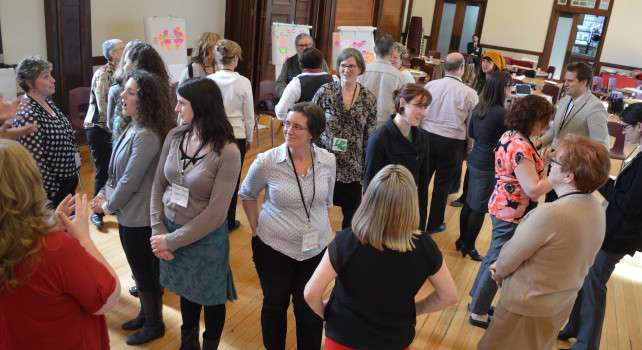
Blog
Case study: A nonprofit’s journey to winning a property tax exemption
Disclaimer: The following is a true story. To protect the confidentiality of those involved we have excluded identifying details. Additionally, municipalities and the Municipal Property Assessment Corporation (MPAC) must deal with each case on its own terms. Consequently, the result described in this story is by no means guaranteed for others.
X, is a nonprofit that has owned its own property for decades. One day X received a letter; a letter you never want to get. The letter from the Municipal Property Assessment Corporation (MPAC) informed X that not only had the value of their property increased by over a million dollars since the last assessment, but that it would also be assessed as commercial property. This meant an additional property tax bill of hundreds of thousands of dollars, retroactive from years past, and going forward.
Taking a closer look at the Assessment Act
X had paid property taxes in the past but at a considerably lower rate. X had never thought to question it, but this new bill was threatening to take a major chunk out of their budget, so it was time to take an interest. X’s leadership was not passive, they immediately started researching the Assessment Act, the law which creates the framework for MPAC’s assessments. Section 3 of the Act sets out numerous exemptions for property tax.
Here’s just a small sample that may be of interest to nonprofits:
- End of life uses, including: cemeteries, and crematoriums.
- Some religious uses of land owned by religious organizations, including: places of worship, churchyards, clergy residences, and recreational facilities.
- Some land related to education, including: land used by a daycare if owned by an otherwise exempt organization (e.g. church), a philanthropic or educational seminary, public libraries, agricultural and horticultural associations.
- Some types of land used by arts organizations, including: some nonprofit theatres.
- Many types of land related to healthcare, including: some hospices, children’s treatment centres funded by Ministry of Children, Community and Social Services, and long-term care homes that were registered charities starting before 2004.
- If the land is owned by a municipality and is rented by a nonprofit or charity that, if it owned it, would make it non-taxable.
- Specific uses of land owned by non-profit philanthropic corporations, including: house of refuge, the reformation of offenders, or the care of children.
- Specific uses of land owned by nonprofit philanthropic organizations or charities for the relief of poverty.
X made their case to MPAC by email, and in meetings citing the exemption for organizations relieving poverty in the Act, how the facility in question was used on a daily basis, as well as the needs of their community, and their track record of serving their community. To MPAC’s credit, they listened, and were ready to talk.
At this point, X spent a month, and $5,000 working with an accounting agency on the advocacy. Ultimately, X found this did not add so much value to the argument for exemption they were already making, as there was not much more nuance beyond what they initially communicated after reading the Act. MPAC clearly understood what X was trying to say as became clear in written communications and meetings.
An exemption and a refund received
The good news is this story has a happy ending. The new bill came in October, but after some back and forth, in January, MPAC decided that X was eligible for the exemption they claimed. Not only had they avoided this mammoth new tax bill, they actually eliminated their previous bills as well. By April they received their refund for the property tax they had paid in response to the large assessment they had been given!
Lessons for the nonprofit sector
We decided to share this story because we believe there are likely other nonprofits who are paying property taxes they should be exempt from. Making the most of nonprofit owned real estate remains a priority for ONN. Some of the exemptions listed above are obscure, and without nonprofits claiming them on a regular basis, MPAC does not have the opportunity to develop the expertise it needs to implement them effectively.
Advocacy takes many forms in the sector, and the willingness and capacity to engage in advocacy matters for our bottom line. In this case, it was a leadership team at a local nonprofit that refused to accept bad news as a foregone conclusion, combined with careful research and responsive officials that won the day.
Reflection questions for nonprofit leadership
Here are some questions to discuss with your board and senior leadership:
- Are you currently paying property tax?
- Have you had a recent assessment?
- Could you be exempt under section 3 as noted above?
To learn more about MPAC’s categories and processes, visit their website.





